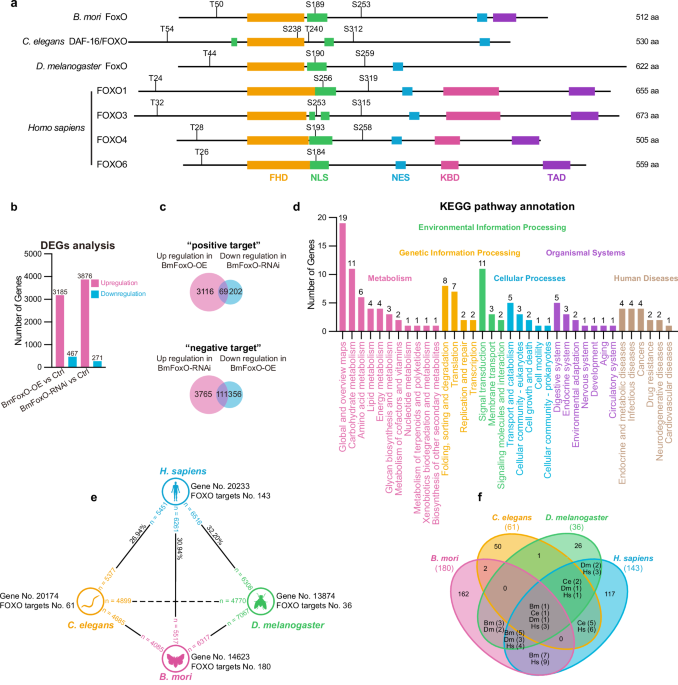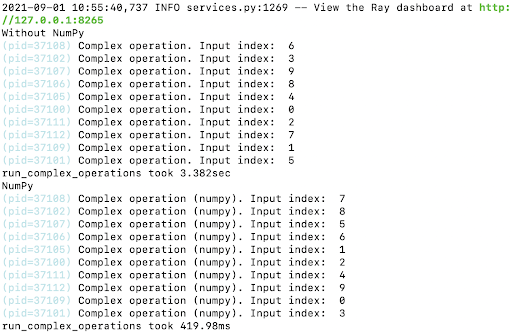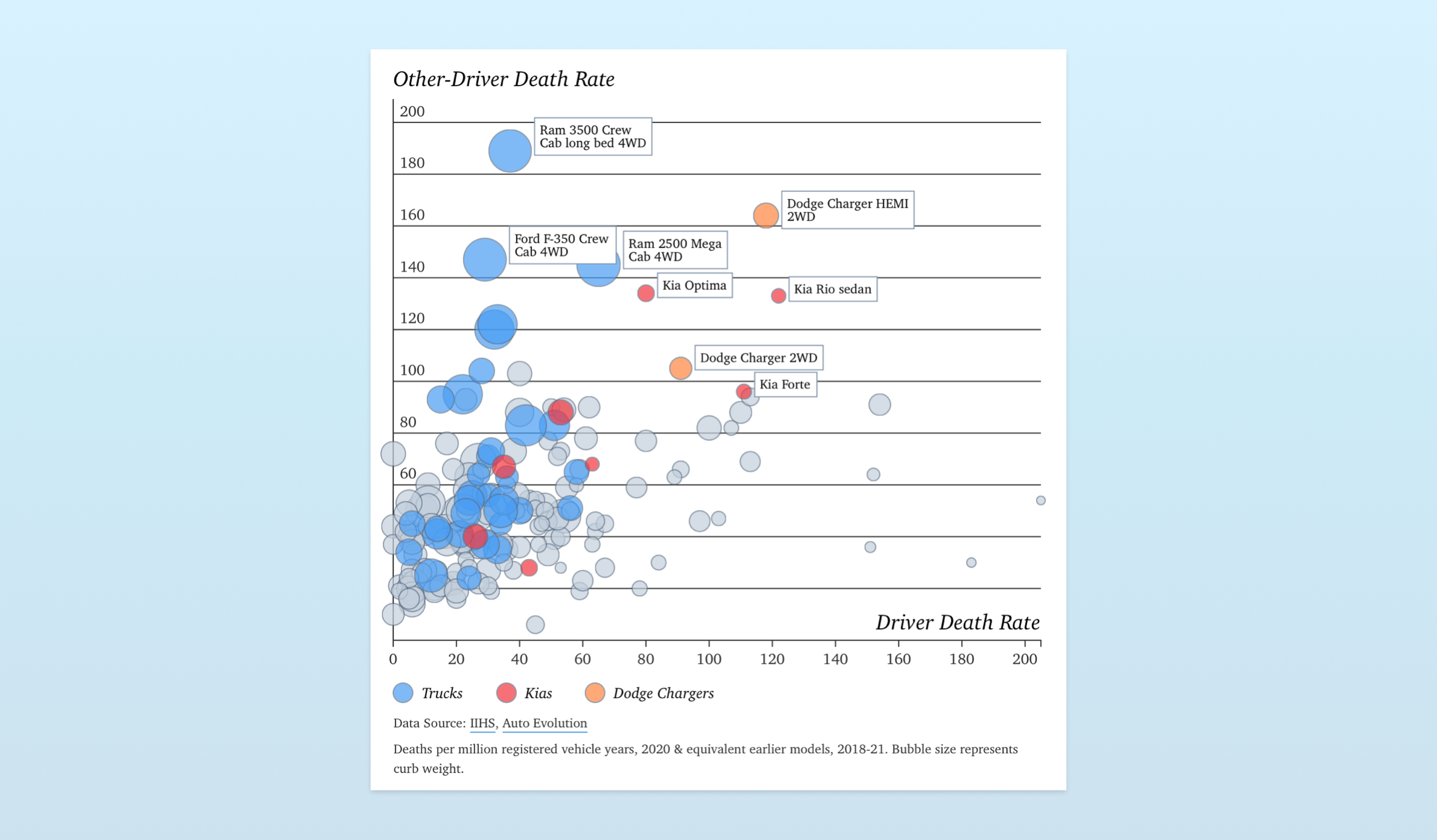
FOXO-regulated OSER1 reduces oxidative stress and extends lifespan in multiple species
Nature Communications volume 15, Article number: 7144 (2024 ) Cite this article
FOXO transcription factors modulate aging-related pathways and influence longevity in multiple species, but the transcriptional targets that mediate these effects remain largely unknown. Here, we identify an evolutionarily conserved FOXO target gene, Oxidative stress-responsive serine-rich protein 1 (OSER1), whose overexpression extends lifespan in silkworms, nematodes, and flies, while its depletion correspondingly shortens lifespan. In flies, overexpression of OSER1 increases resistance to oxidative stress, starvation, and heat shock, while OSER1-depleted flies are more vulnerable to these stressors. In silkworms, hydrogen peroxide both induces and is scavenged by OSER1 in vitro and in vivo. Knockdown of OSER1 in Caenorhabditis elegans leads to increased ROS production and shorter lifespan, mitochondrial fragmentation, decreased ATP production, and altered transcription of mitochondrial genes. Human proteomic analysis suggests that OSER1 plays roles in oxidative stress response, cellular senescence, and reproduction, which is consistent with the data and suggests that OSER1 could play a role in fertility in silkworms and nematodes. Human studies demonstrate that polymorphic variants in OSER1 are associated with human longevity. In summary, OSER1 is an evolutionarily conserved FOXO-regulated protein that improves resistance to oxidative stress, maintains mitochondrial functional integrity, and increases lifespan in multiple species. Additional studies will clarify the role of OSER1 as a critical effector of healthy aging.
Recent investigations into the molecular basis of aging suggest that the FOXO transcription factor family is a critical regulator of genes that modulate aging, lifespan, and the response to oxidative stress1,2. FOXO proteins modulate signaling pathways downstream of insulin/insulin-like growth factor-1 (IGF-1)3, AMPK4, TOR5,6, JNK, and dietary restriction (DR)7, and integrate signals from these pathways8. FOXO-regulated genes and pathways are widely implicated in age-related diseases such as cancer9, Alzheimer’s disease10,11, and type 2 diabetes mellitus12.


























